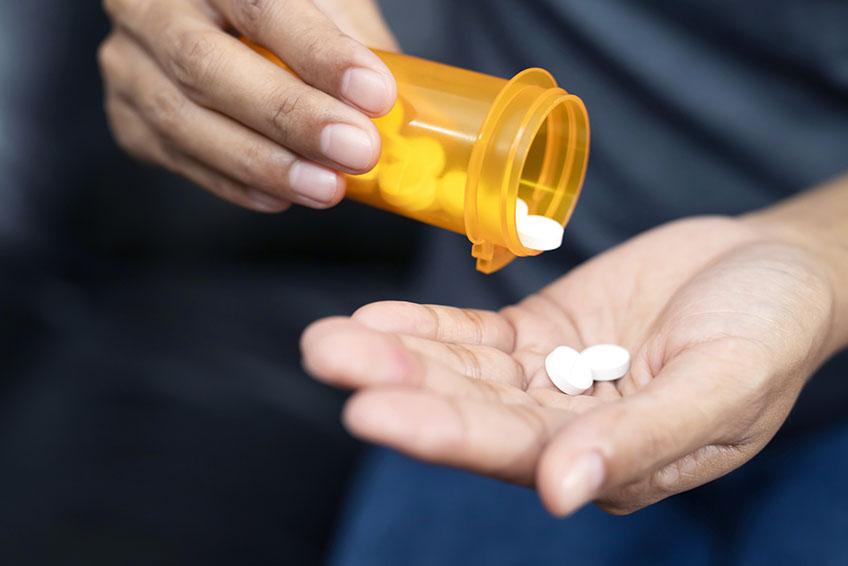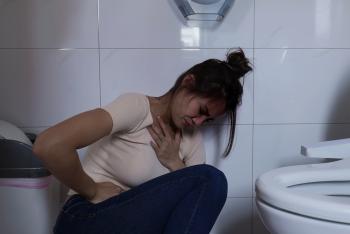Norovirus is a highly contagious stomach virus that spreads quickly in winter, causing sudden...
Read MoreEffective Monday, January 5th, Inspira Health is now at Yellow Alert Status: Masks for staff, patients and visitors in all high-risk areas across our facilities are strongly recommended.


In May 2020, drug overdose deaths rose almost 30 percent—the most opioid overdose deaths in a year to date, according to the Centers for Disease Control and Prevention (CDC).
Ending the opioid epidemic will require a united front, and each of us has an important role to play in the fight against opioids: correctly disposing of expired or unused prescriptions is one small way you can help.
It’s not uncommon to have unused prescription drugs sitting in your medicine cabinet. Perhaps you didn’t use all of your prescription painkillers to manage symptoms after a procedure. But it’s important that you don’t just throw or flush away your leftover pills. Not only does this pose an environmental threat, but it puts them at risk of getting into the wrong hands.
“Prescription medication that’s thrown in the garbage can get into the wastewater stream, and purification plants can’t always remove every chemical present in this water,” said Joseph Alessandrini, R.Ph., F.A.S.H.P., vice president of Clinical Services at Inspira Medical Centers Elmer and Vineland. “In addition, it’s not uncommon for substance abusers to rummage through trash looking for unused drugs.”
Knowing how to safely store your medication is just as important as knowing how to properly dispose of it. “The best place to store your medications is in a secure environment—not in the bathroom cabinet,” said Alessandrini. “Storing medicine in the bathroom is problematic for multiple reasons. Not only does it degrade the drugs due to lack of temperature control and excessive humidity, it puts your medications at risk for being stolen or misused in a private environment.”
Thankfully, there’s an easy way to safely and properly dispose of your unused medications: the Deterra Drug Deactivation System. Now available through Inspira Health, Deterra eliminates the dangers of throwing pills in the trash.
Deterra is a plant-based pouch that contains activated charcoal and works by bonding to the pharmaceutical compounds of the prescription drug. Simply place unwanted medications, tThen, add warm tap water, seal the bag, shake it gently and dispose of it in a normal trash receptacle. Each pouch can accommodate 90 capsules, 12 ounces of liquid or 12 patches.
“Once the mixture hardens, it’s safe to throw the Deterra bag in the trash,” said Alessandrini. “The drugs
are inactive, so even if someone were to cut the bag open and chisel the ingredients out of the
hardened charcoal, the ingredients are no longer active.”
If you have unwanted or expired prescription drugs to dispose of, you can request your own Deterra pouches at www.inspirahealthnetwork.org/deterra.

Norovirus is a highly contagious stomach virus that spreads quickly in winter, causing sudden...
Read More
Low testosterone can impact more than sexual health; it can influence energy, mood, muscle mass and...
Read More
Hand, foot and mouth disease (HFMD) is a common viral illness that primarily affects young children...
Read More